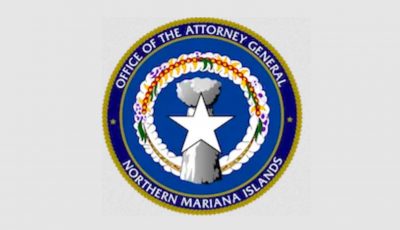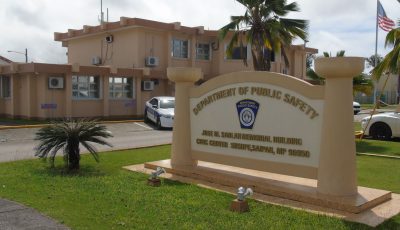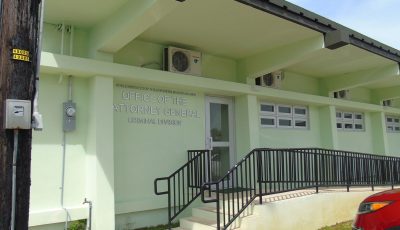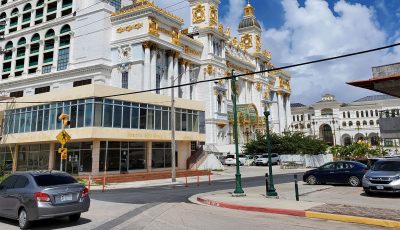OAG warns retailers: Price gouging is illegal
Consumers should be aware—and retailers are on notice—that it is illegal to engage in price gouging following a state of emergency.
This comes soon after Gov. Ralph DLG Torres issued a declaration of Significant Emergency on Jan. 29, 2020, and renewed on Feb. 28, 2020, as a result over the growing concerns of the coronavirus disease, or COVID-19.
The Consumer Protection Act makes it unlawful for businesses to engage in price gouging. Price gouging occurs when a business increases prices based solely on a shortage of goods caused by a natural disaster or any other emergency. The Office of the Attorney General will prosecute, both criminally and civilly, any business that engages in price gouging.
The governor declared a price freeze pursuant to the Consumer Disaster Price Freeze Act on March 5, 2020, which will be in effect until he rescinds all declarations of emergency, disaster or price freeze.
It is illegal for any person or business to raise the price of any of the affected items while a price freeze is in effect. A violation of the Consumer Disaster Price Freeze Act is punishable by a $10,000 fine and one year of imprisonment for each violation.
If you have information about price gouging, you should submit a written complaint to the Office of the Attorney General, along with copies of all receipts, invoices, or other documents associated with the complained-of transaction. Make sure to keep your original documents for your own records.
Complaint forms may be obtained at www.cnmioag.org under the Consumer Protection section or in person at the Civil Division on Capital Hill from 7:30am to 4:30pm, Monday through Friday, or via email by sending a request to consumer_counsel@cnmioag.org. Complaints should be hand-delivered to the Civil Division on Capital Hill or submitted via email. (OAG)
***
PRICE FREEZE
The price of the following items are frozen:
1. Gasoline, kerosene, diesel fuel, natural gas, and all other chemical fuels, whether in gaseous, liquid, or solid form;
2. All foods and foodstuffs, including water, bottled water, beverages, and ice;
3. All clothing;
4. Flashlights, lamps, lanterns, candles, light bulbs, and other means of illumination;
5. Generators, cables, wires, electrical batteries of every sort, and similar equipment for the generation and/or transmission of electrical power;
6. All appliances used in the storage and/or preparation of food, including, but not limited to, stoves, barbecue grilles, ovens, refrigerators, and coolers;
7. Tools typically used for construction, ground clearing, or home repairs, whether electrically powered, chemically powered, or manual, including, but not limited to, saws, machetes, hammers, drills, shovels, rakes, and brooms;
8. All bedding items, including pillows, futons and blankets;
9. All medicines, medical equipment, and personal protective equipment, including but not limited to masks, gloves, and hand sanitizers;
10. All housing rentals including apartments and condominiums. (OAG)



























